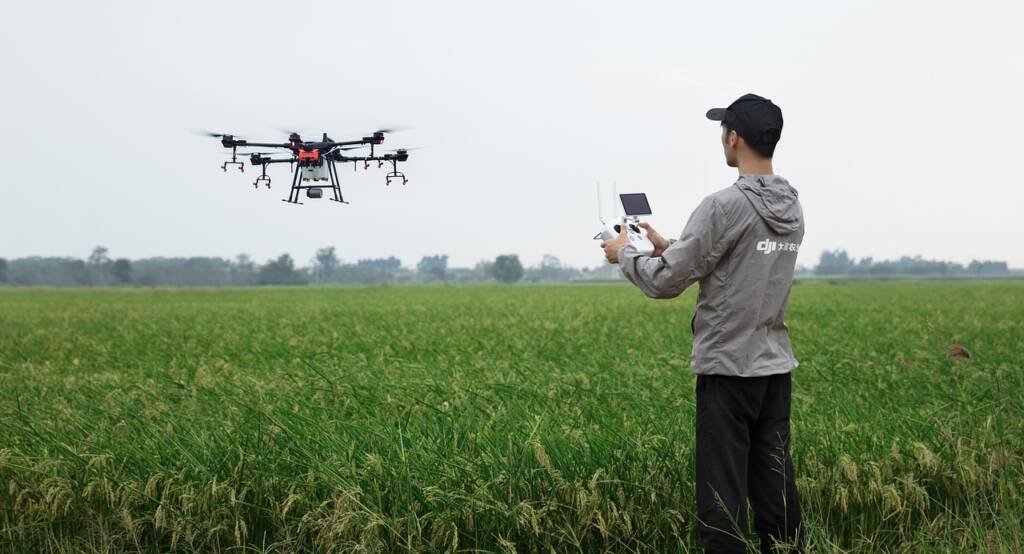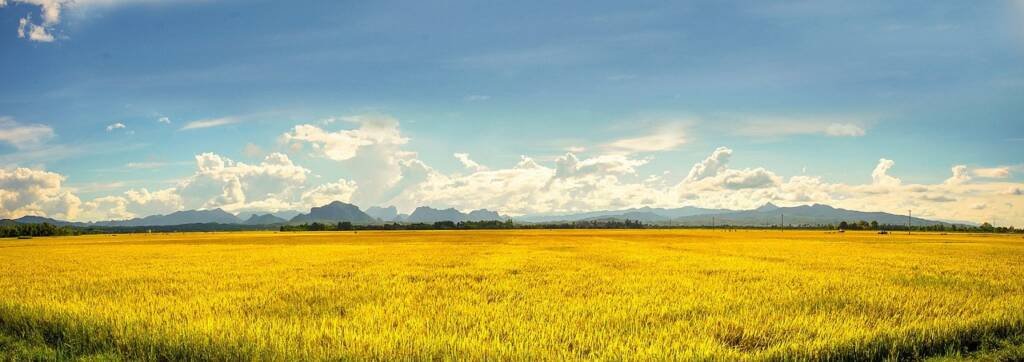Introduction:
Microbes play a vital role in maintaining soil health and promoting nutrient uptake, thus revolutionizing organic farming. This blog post will delve into the benefits of microbial activity in the soil and how these microscopic organisms can transform agriculture for the better.
The Role of Microbes in Soil Health:
Microbes, such as bacteria, fungi, and other microorganisms, help break down organic matter, making essential nutrients available for plants. They improve soil structure by binding soil particles together, which in turn, enhances water retention and air circulation. Microbes also promote the formation of humus, a nutrient-rich substance that supports plant growth.
Beneficial Microbes in Agriculture:
Some beneficial microbes commonly used in agriculture include:
● Nitrogen-fixing bacteria: These bacteria convert atmospheric nitrogen into ammonia, which plants can absorb and use as a nutrient.
● Mycorrhizal fungi: These fungi form symbiotic relationships with plant roots, enhancing
nutrient uptake and protecting plants from diseases.
● Phosphate-solubilizing bacteria: These microbes make phosphorus more available for plants by breaking down insoluble phosphorus compounds in the soil. Introducing Microbes to Farming Practices:
Farmers can introduce beneficial microbes to their fields through various methods, such as:
● Incorporating compost: High-quality compost is rich in beneficial microbes, which can be added to the soil to enhance its microbial population.
● Using microbial inoculants: These products contain specific strains of beneficial microbes and can be applied to the soil or directly to seeds and plant roots.
● Planting cover crops: Some cover crops, such as legumes, support the growth of nitrogen-fixing bacteria, enriching the soil with essential nutrients.
Conclusion:
Harnessing the power of microbes in organic farming can lead to improved soil health, enhanced nutrient uptake, and increased crop yields. By understanding the role of these microscopic organisms and incorporating them into farming practices, we can create a more sustainable and productive agricultural system.





